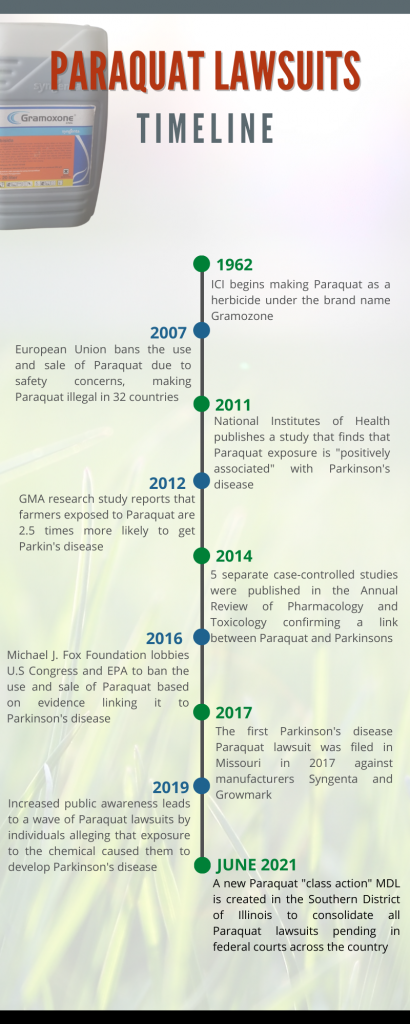Overlawyered has a blog post today about the reports of a high school pitcher suing his school district because he wore out his arm throwing 140 pitches in a single game. Here is the gist of the story from the Seattle Times: Seven years ago, Plaintiff was pitching against a rival school. He had no plans to take himself out of the game. In the eighth inning his mother, assuming you believe her story, told coach, “He’s at 117 pitches. He’s done.” (How many mothers out there are keeping exact pitch counts?) You know the rest of the story. The Plaintiff hurts his arm. He thinks he was the next coming of Roger Clemens… better make that Greg Maddux… and files suit claiming the coach should have pulled him out of the game.
Overlawyered and the Maryland Lawyer Blog agree that the possibility of a lawsuit causes people to act differently than they otherwise would. Where we disagree is whether, on balance, this is a good thing for society. For example, football coaches now know that depriving kids of water during practice is a bad thing and their doing so may expose the school to liability. In this area I think coaches already have proper incentive to do the right thing and this will only serve to exaggerate the risk of a “pitch count” lawsuit. Even if this is what I believe is the first lawsuit of its kind in this country. Obviously every baseball coach around the country is going to be talking about this and many are going to become worried about pitch counts.
Awareness of valid lawsuits properly encourages people (including doctors) to proceed with caution and to consider the risks that may cause harm. Frivolous lawsuits like this one have the opposite effect and are going to have some coaches – a small minority but still some – overreacting and limiting kids to ridiculously low pitch counts. But just as free speech requires us to tolerate hate speech, the search for justice requires us to tolerate some level of frivolous lawsuits. Whatever inertia this country has towards tort reform, it comes in no small measure from mainstream media and Internet reports (many of which are simply false) of ridiculous lawsuits.
 Maryland Lawyer Blog
Maryland Lawyer Blog


